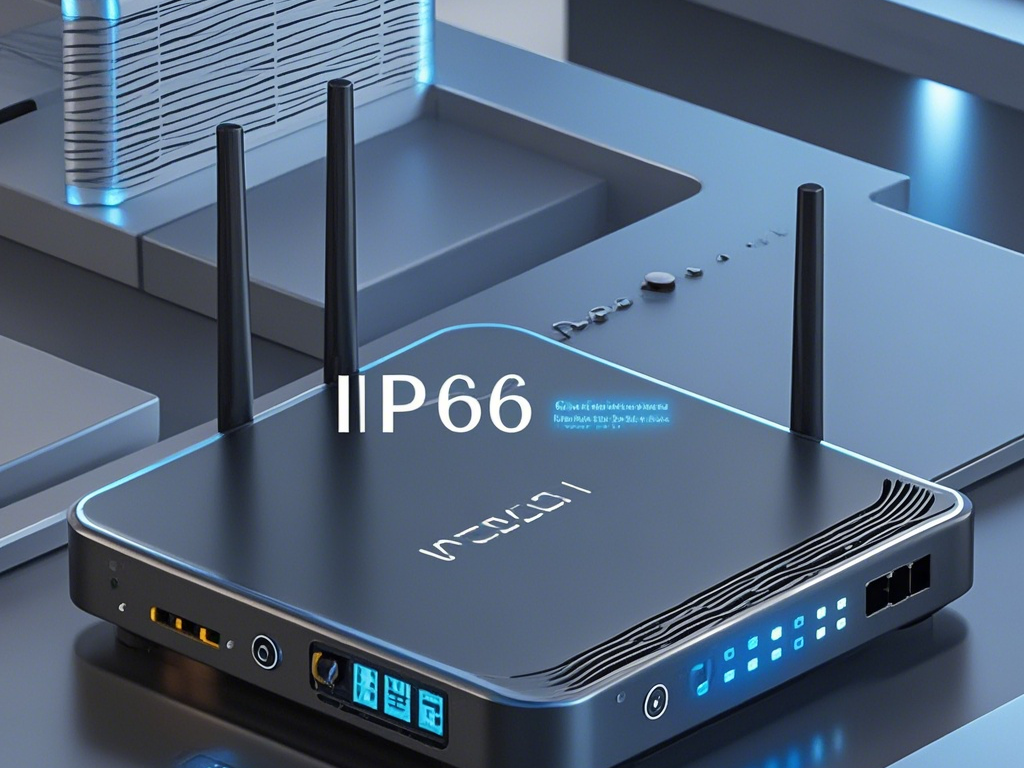IP电话 indeed falls under the category of network telephony, utilizing the Internet Protocol to transmit voice communications. This technology marks a significant evolution from traditional telecommunication methods. Below, we delve deeper into the understanding and implications of IP telephony.
Understanding IP Telephony
IP telephony, commonly known as VoIP (Voice over Internet Protocol), is the transmission of voice and multimedia content over Internet Protocol (IP) networks. Unlike traditional phone systems, which rely on the Public Switched Telephone Network (PSTN), IP telephony converts voice into digital signals that are packetized and sent over the Internet. This method allows for greater flexibility, scalability, and cost-effectiveness compared to legacy systems.
Key Features of IP Phones
One of the primary distinguishing features of IP phones is their reliance on a broadband internet connection to function. They come with features like call forwarding, voicemail, caller ID, and conference calling, much like traditional phones but often at a fraction of the cost. These devices can be hardware-based—looking similar to conventional phones—or software-based, like apps installed on computers and smartphones. They are also  capable of integrating with other IP-based systems, which enhances their utility in modern business environments.
capable of integrating with other IP-based systems, which enhances their utility in modern business environments.
Benefits of IP Telephony Over Traditional Systems
Switching to IP telephony presents several advantages. It significantly cuts costs on long-distance communications since it routes calls via the internet, bypassing expensive telephone lines. The scalability allows businesses to add or remove lines with ease, suiting fluctuating operational needs. Furthermore, VoIP supports the integration of unified communications, streamlining various modes of interaction like voice, video, and messaging.
Related Q&A
What differentiates IP phones from traditional phones in terms of infrastructure?
IP phones utilize internet-based infrastructure, relying on a broadband connection, whereas traditional phones need a dedicated copper wire network for signal transmission. This difference allows IP phones to capitalize on existing internet setups, often resulting in reduced costs and easier scalability.
How does IP telephony enhance business communication systems?
IP telephony enhances business communication by offering cost-effective long-distance calls, seamless integration with digital services, and advanced features like voicemail-to-email. Moreover, businesses benefit from VoIP’s ability to support remote working, maintaining seamless communication regardless of geographical distance.
For those curious about their own or others’ IP address dynamics and insights, tools like IP Data Cloud offer comprehensive IP lookups, bolstering the tech-savviness required to navigate the digital realm effectively. The evolution to VoIP, therefore, not just reflects in our phone systems but also in the robust ecosystem of supportive digital tools and platforms.
© 版权声明
文章版权归作者所有,未经允许请勿转载。
相关文章

暂无评论...



